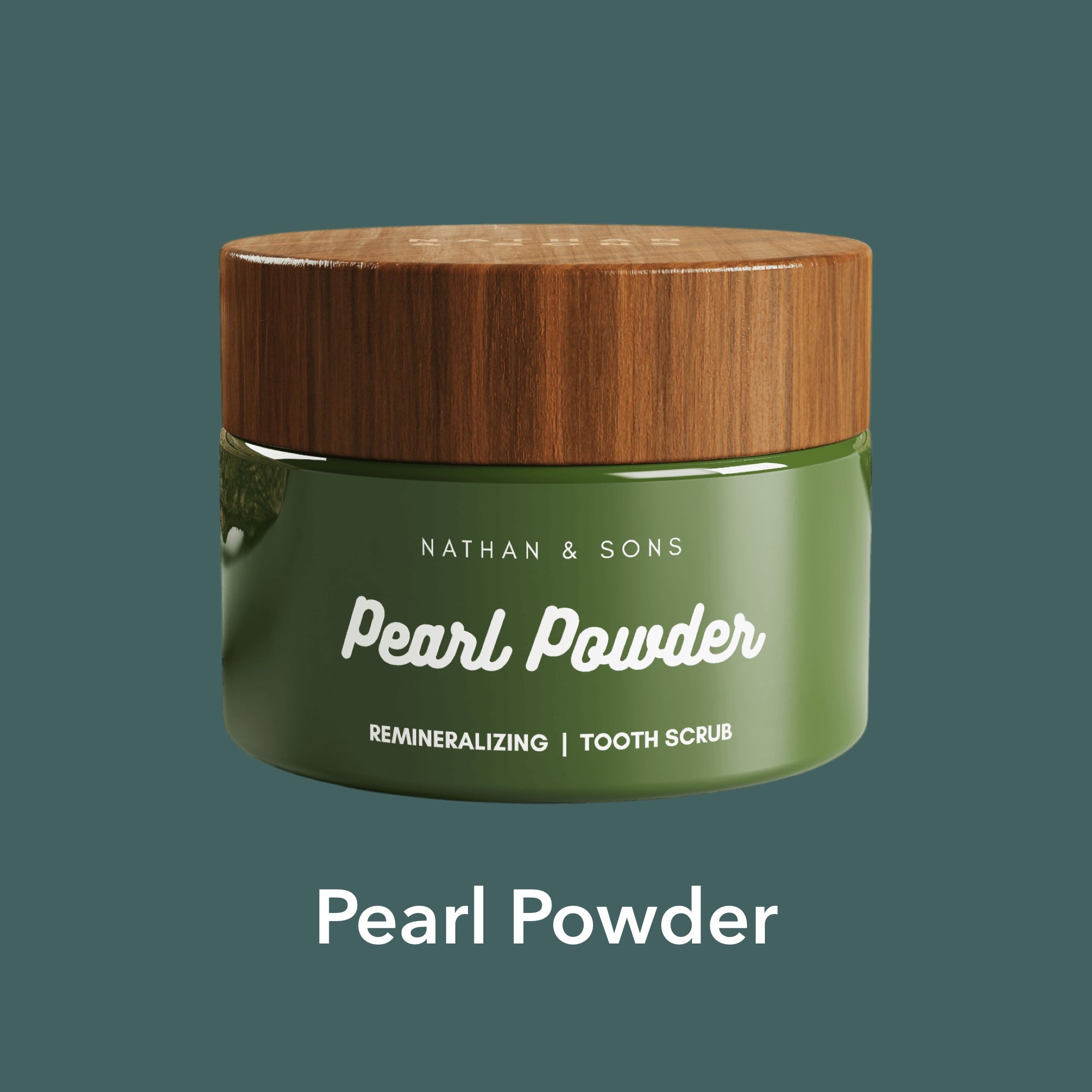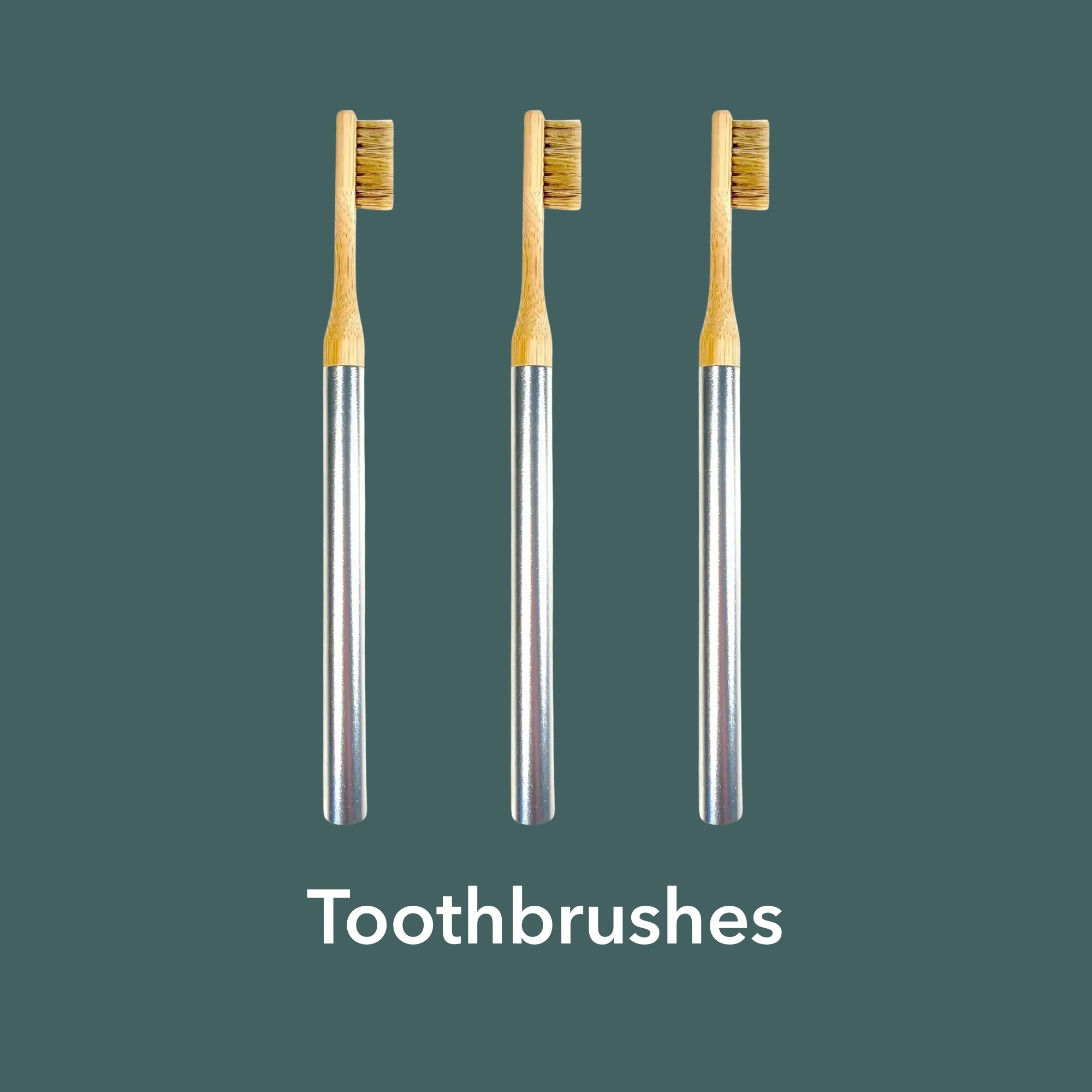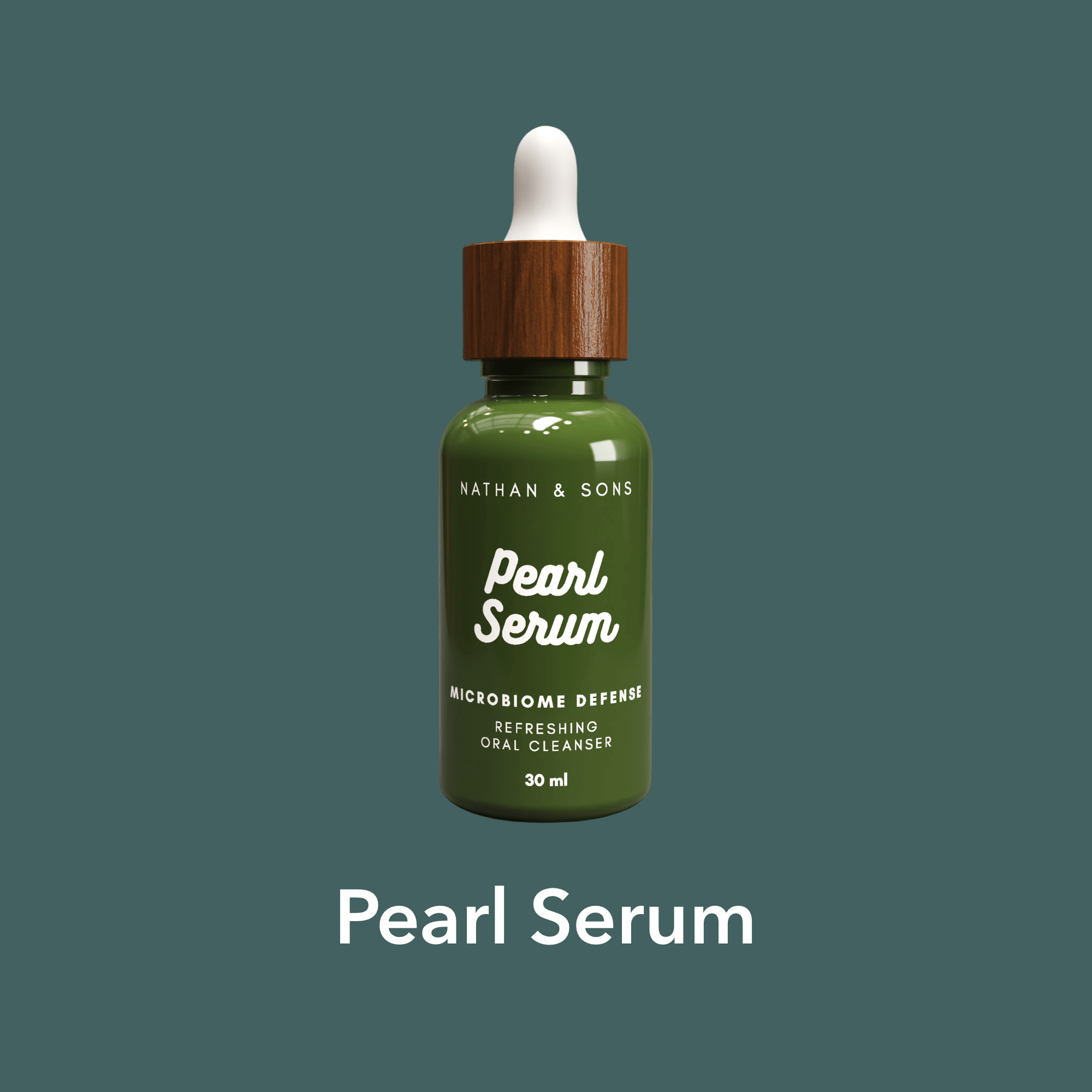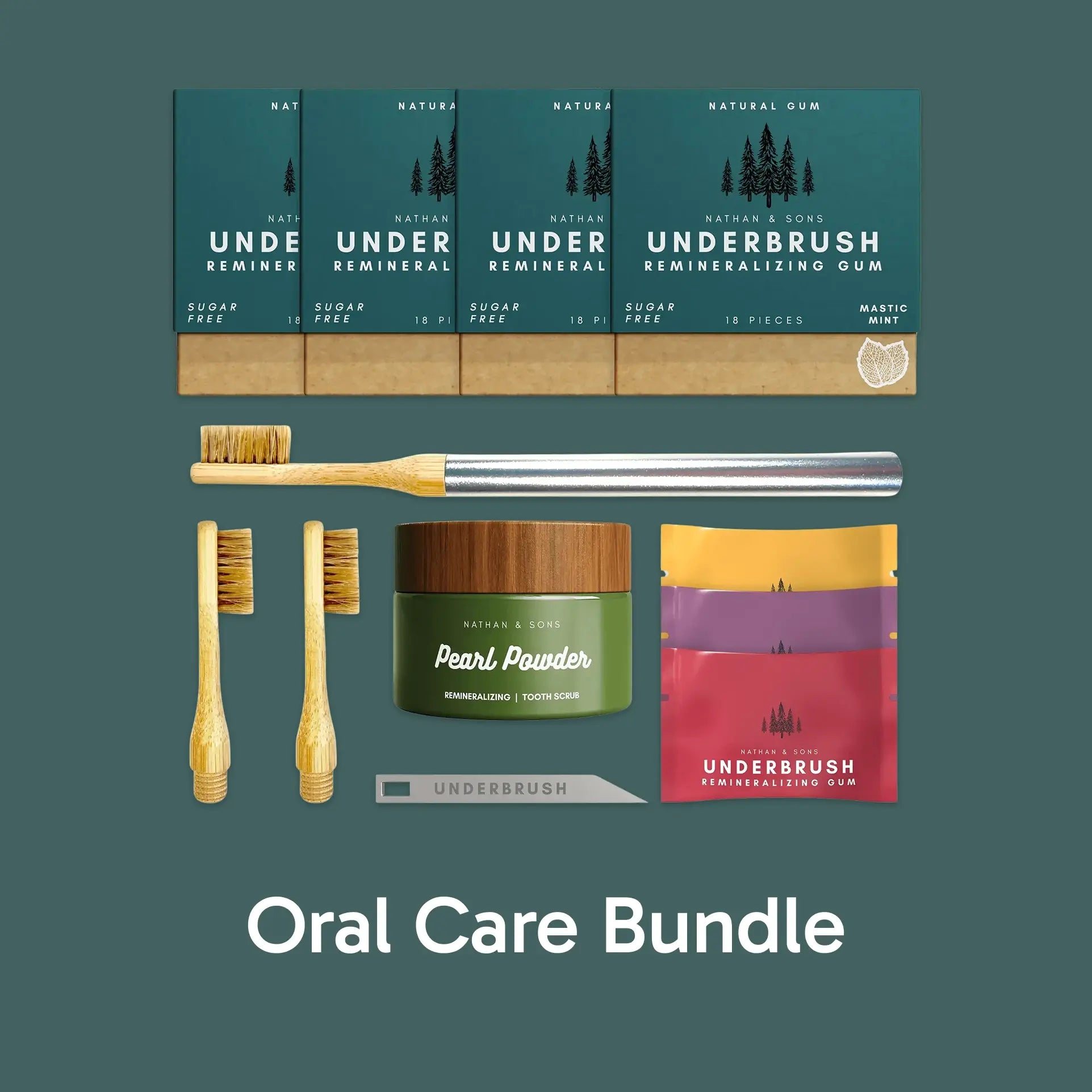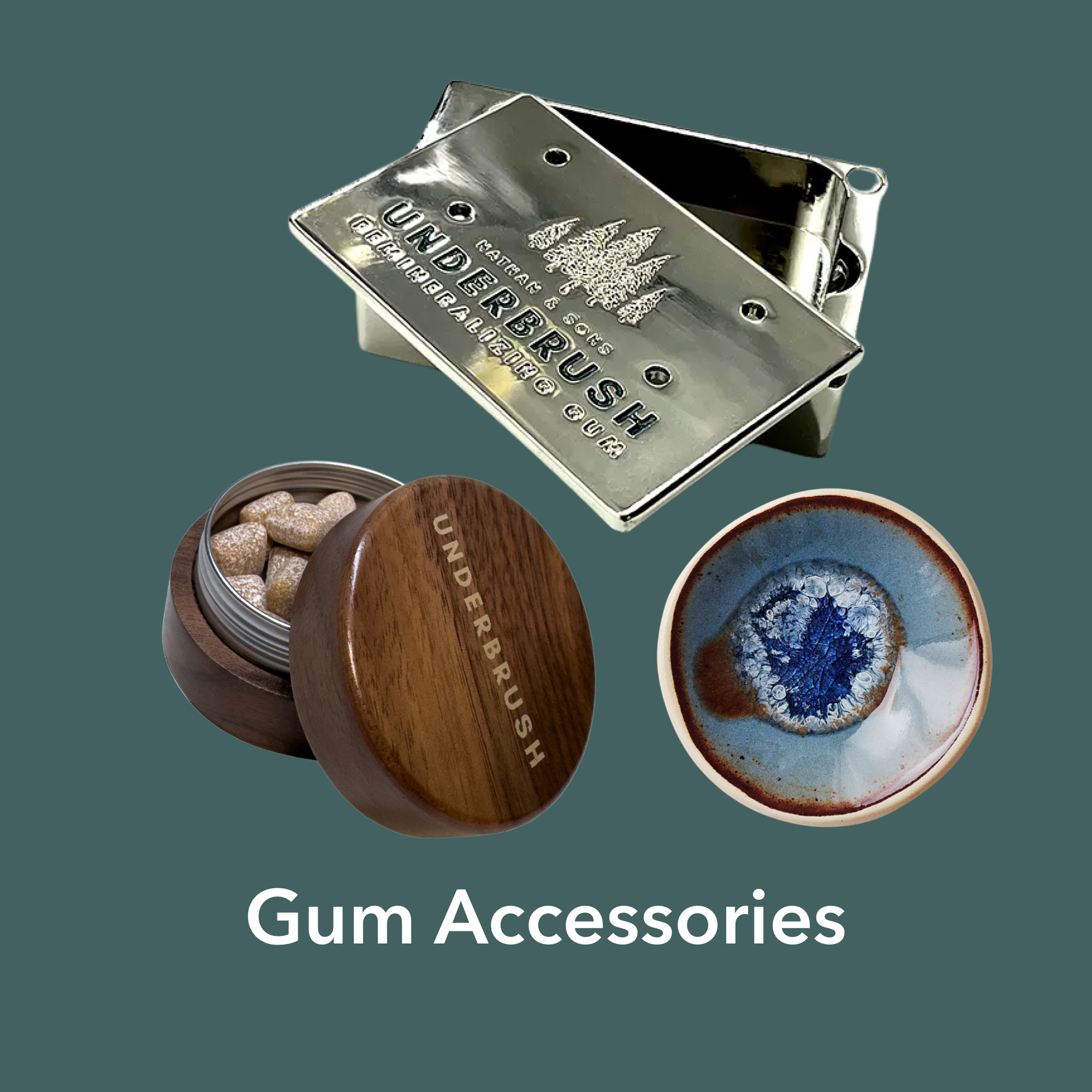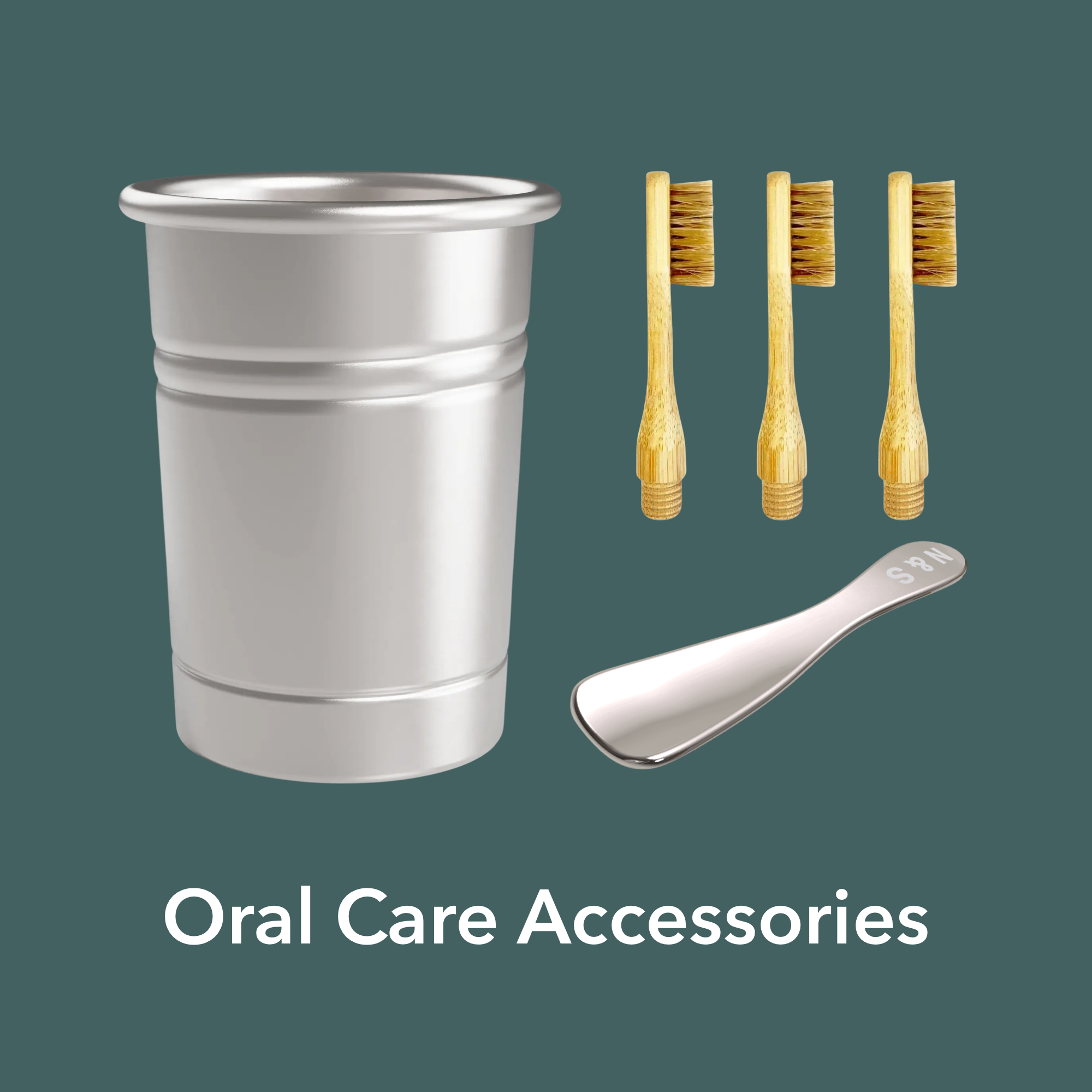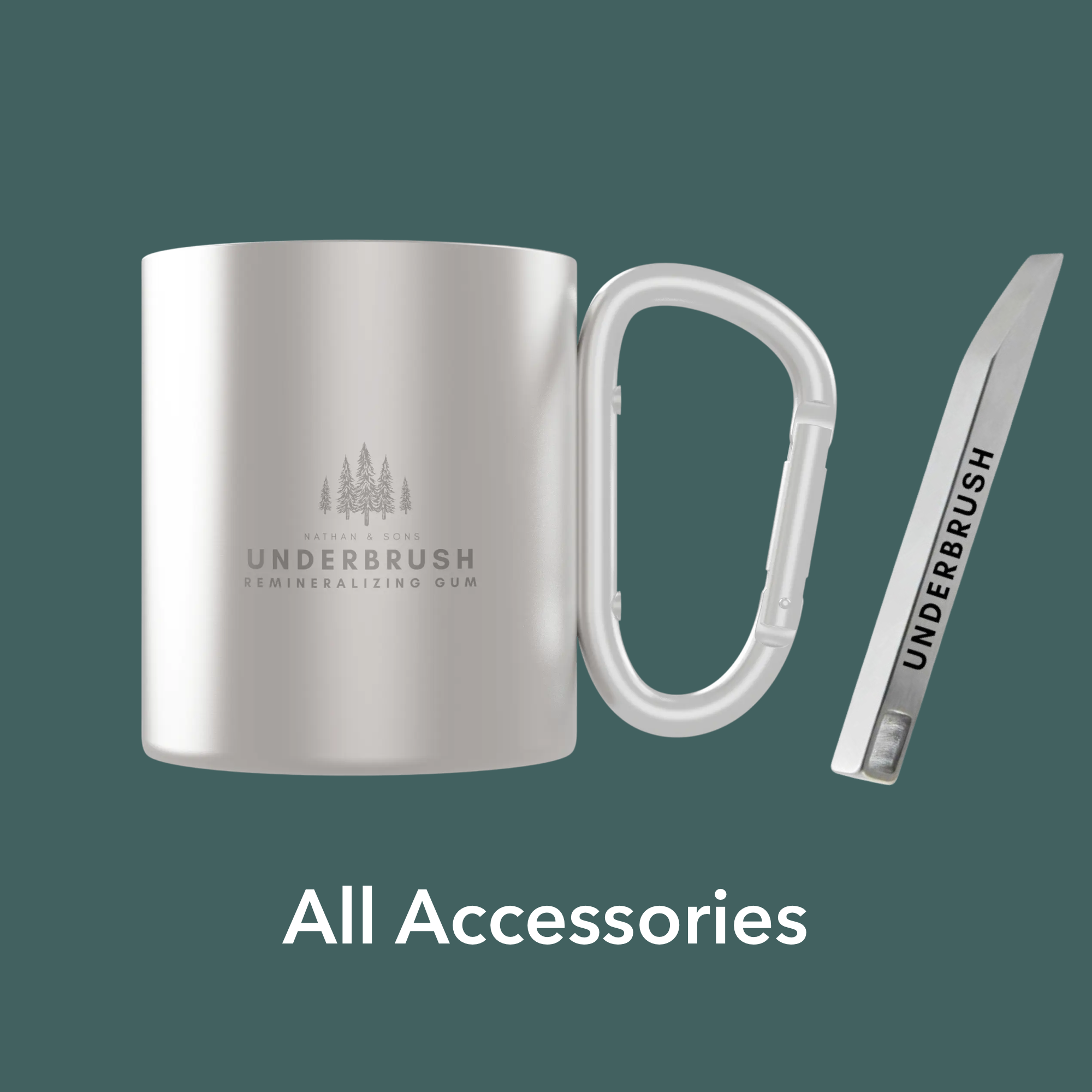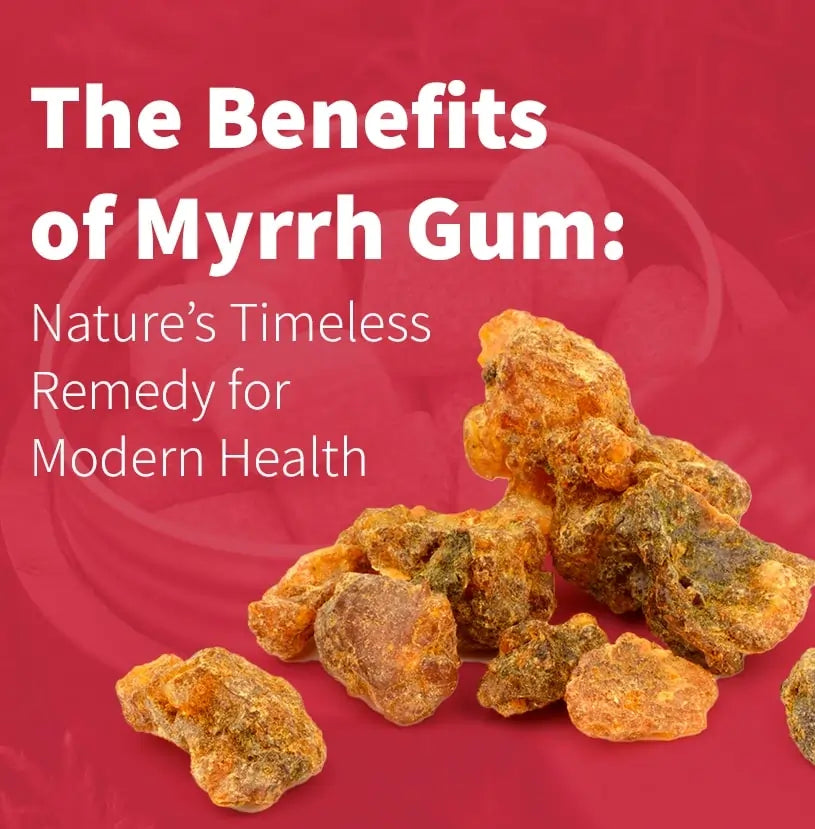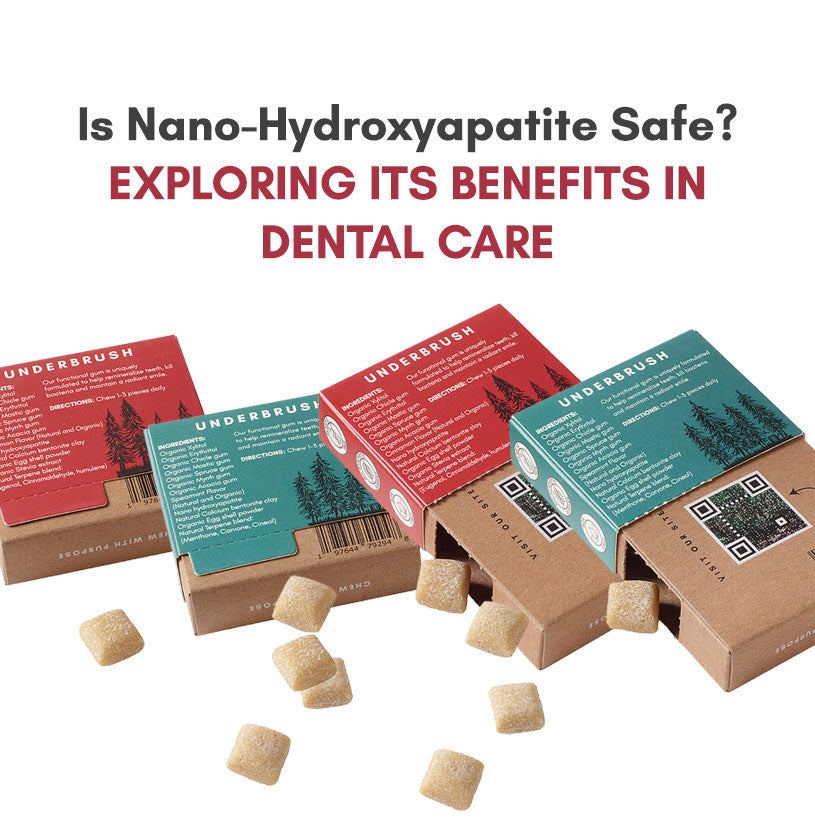Myrrh gum, an ancient resin with a rich history of medicinal and spiritual uses, has recently experienced a resurgence in popularity. As individuals increasingly turn to natural remedies for health and wellness, the benefits of wildly harvested myrrh gum stand out. This article explores the properties, health advantages, and practical uses of this versatile resin, referencing updated information from recent studies and its traditional applications.
What Is Myrrh Gum?
Myrrh gum is a resin extracted from the Commiphora tree, native to regions in the Middle East, northeastern Africa, and parts of India. Historically, it has been revered for its antiseptic, anti-inflammatory, and analgesic properties. Modern science supports many of these claims, showcasing myrrh gum’s efficacy in treating various ailments.
The Rich History of Myrrh Gum: From Ancient Rituals to Modern Medicine
Myrrh gum has a history steeped in ancient traditions, dating back over 5,000 years. Revered in ancient Egypt, it was essential in embalming rituals and often burned as incense in religious ceremonies. Myrrh also appears in the Bible as one of the gifts given to the infant Jesus, symbolizing its immense value. In Traditional Chinese Medicine and Ayurveda, myrrh was a cornerstone for treating wounds, digestive issues, and infections. Its trade routes spanned continents, making it one of the most sought-after commodities of the ancient world.
Key Characteristics:
- Commiphora species.
- Contains sesquiterpenes, terpenoids, and natural gum compounds.
- Used in embalming, incense, and medicine.
Myrrh Gum vs. Toxic Gum Bases: A Healthier Alternative
Unlike wildly crafted myrrh gum, many commercial chewing gums are made with synthetic bases like polyvinyl acetate, a plastic polymer also used in adhesives, and rubber-like compounds. These synthetic materials provide elasticity but come with potential health risks, including exposure to harmful chemicals and artificial additives linked to digestive and hormonal issues.
In contrast, hand-harvested from the wild myrrh gum is a natural resin with antimicrobial and anti-inflammatory properties, making it safe and beneficial for oral health. Its earth-foraged composition avoids synthetic toxins and supports overall well-being. By choosing myrrh gum, consumers prioritize their health and embrace a sustainable and ethical alternative.
Oral Benefits of Myrrh Gum: A Natural Protector for Your Mouth
Myrrh gum is renowned for its significant oral health benefits, thanks to its active compounds, including terpenoids and sesquiterpenes. These elements provide potent antibacterial and anti-inflammatory properties that inhibit the growth of harmful bacteria responsible for gum disease, tooth decay, and bad breath.
Its astringent qualities help tighten gum tissues, reducing bleeding and inflammation commonly associated with gingivitis. Myrrh also promotes healing in oral wounds and ulcers by forming a protective barrier and stimulating tissue repair. Additionally, its natural analgesic effects relieve oral discomfort, making it a popular choice in mouthwashes, toothpaste, and other dental products.
Regular use of myrrh gum-based oral care products leads to:
- Healthier gums
- Stronger teeth
- Fresher breath
Health Benefits of Myrrh Gum
1. Antimicrobial Properties
Myrrh gum exhibits potent antimicrobial activity, making it effective against bacteria, fungi, and certain viruses. Studies highlight its ability to combat oral bacteria, supporting its use in natural dental care products.
2. Anti-Inflammatory Effects
The terpenoids in myrrh inhibit inflammatory enzymes, reducing swelling and pain caused by conditions like arthritis.
Example Use: Topical creams with myrrh alleviate joint pain and swelling.
3. Oral Health Benefits
With antibacterial compounds, myrrh prevents gum disease, freshens breath, and heals mouth sores.
How to Use: Add a few drops of myrrh oil to warm water for a natural mouth rinse.
4. Skin Healing and Rejuvenation
Myrrh gum’s antiseptic properties make it effective for treating acne, soothing irritated skin, and promoting wound healing.
5. Digestive Support
Traditionally, myrrh has been used to treat digestive issues like indigestion and ulcers. Modern studies show it can balance gut microbiota.
6. Immune System Booster
Research suggests myrrh stimulates immune cells, helping the body ward off infections.
Debunking Myths About Myrrh
-
Myth: Myrrh gum is unsafe for daily use.
Fact: When used in moderation, it is safe and beneficial.
-
Myth: Myrrh only has religious uses.
Fact: Its medicinal properties are well-documented and widely applied in modern healthcare.
Sustainability and Sourcing of Myrrh Gum
The rising demand for wildly cultivated myrrh gum has raised concerns about overharvesting and unethical sourcing practices. Choosing products made with sustainably sourced myrrh ensures:
- Responsible harvesting methods.
- Purity without synthetic additives.
Why Underbrush Prioritizes Wildly Sourced Myrrh Gum
At Nathan and Sons, we are committed to offering products that align with both tradition and modern wellness needs. Our wild-sourced myrrh gum ensures the purest, most potent form of this ancient remedy. From oral care to skincare and beyond, myrrh gum is a cornerstone of natural health, providing effective solutions for today’s challenges.
Explore our products and discover the benefits of myrrh gum, foraged by nature, for your health and wellness journey. Order your myrrh chewing gum today!


